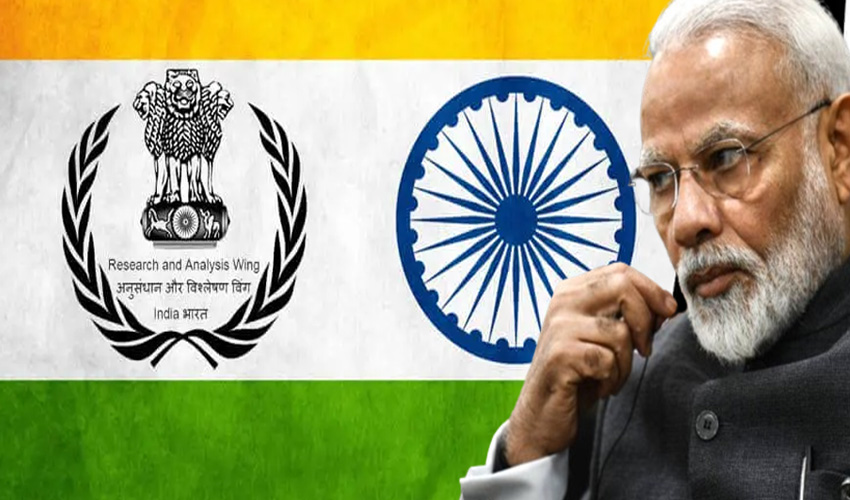Recent revelations by intelligence officials from both India and Pakistan have sparked controversy, alleging that the Indian government has orchestrated assassinations in Pakistan as part of a clandestine strategy to eliminate "perceived threats" residing on foreign soil.
According to a report issued by the British media outlet Guardian, these claims, supported by documents shared by Pakistani investigators, shed light on the alleged role of India's foreign intelligence agency, the Research & Analysis Wing (RAW), in carrying out targeted killings abroad.
India's covert Ops
According to the accounts provided by intelligence operatives, the alleged assassinations, numbering up to 20 since 2020, are said to have been conducted by unknown gunmen in Pakistan.
While previous suspicions have linked India to these deaths, this is the first instance of Indian intelligence personnel openly discussing their purported involvement in Pakistan. The alleged operations are reported to have targeted individuals associated with militant groups, including Sikh separatists in the Khalistan movement.
Modus operandi
Pakistani investigators claim that Indian intelligence sleeper cells, predominantly operating from the United Arab Emirates (UAE), played a central role in orchestrating these killings.
The rise in targeted assassinations in 2023 is attributed to the increased activity of these cells, allegedly paying local criminals or impoverished Pakistanis to carry out the assassinations.
Furthermore, Indian agents are accused of recruiting jihadists to execute the shootings, exploiting their beliefs to manipulate them into carrying out the killings.
Motivation and policy shift
The alleged shift towards targeting dissidents abroad is believed to have been triggered by the Pulwama attack in 2019, where a suicide bomber targeted a military convoy in Indian-administered Kashmir.
This attack, claimed by the Pakistan-based terror group Jaish-e-Mohammed, reportedly prompted a change in strategy within India's intelligence apparatus, emphasizing preemptive action against perceived threats outside the country's borders.
International ramifications and denials
The allegations have garnered international attention, particularly in light of similar accusations leveled by Canada and the US against India regarding the killings of Sikh activists residing abroad. India's Ministry of External Affairs has vehemently denied these allegations, labeling them as "false and malicious anti-India propaganda."
However, Pakistani intelligence agencies maintain that they possess evidence implicating Indian involvement in the alleged assassinations.
The allegations, if proven true, could have significant ramifications on diplomatic relations between India and Pakistan, as well as with other countries where the alleged covert operations have taken place. Furthermore, the revelations raise ethical and legal concerns regarding extrajudicial killings and violations of international law.



























